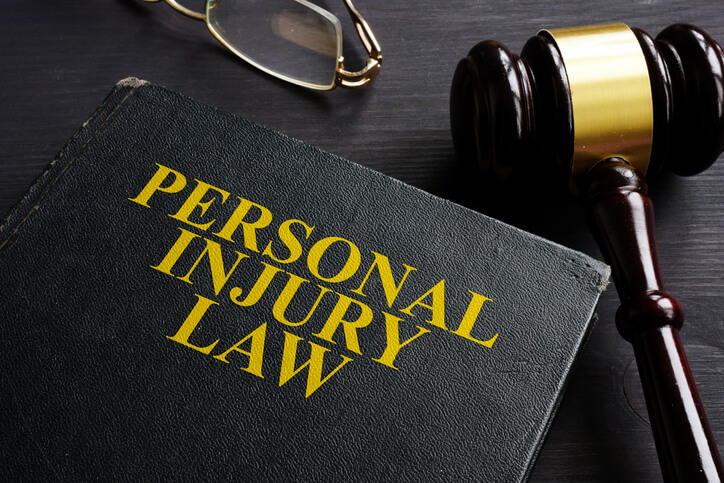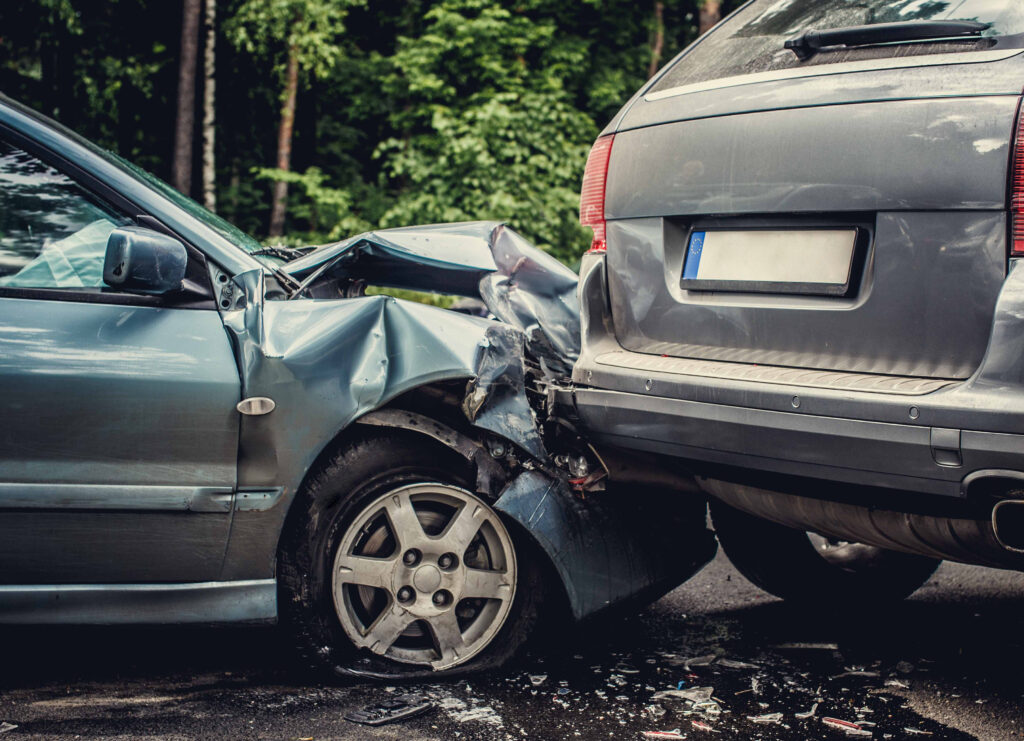Now Reading: Understanding the Elements of Personal Injury Law
-
01
Understanding the Elements of Personal Injury Law

Understanding the Elements of Personal Injury Law
The US is prone to accidents. A report from the Insurance Institute for Highway Safety states that there were 39,508 fatal motor crashes in 2021. These crashes resulted in 42,939 people losing their lives. That’s about 12.9 deaths per 100,000 people.
When you have such a high number of accidents, it is important to stay aware of your rights.
One way of understanding them is by hiring lawyers from reputed law firms. Choosing firms like DJC Law greatly increases the chances of acquiring fair compensation.
Most cases in the US are handled under personal injury law. Although the services of a lawyer are invaluable in a compensation claim, it helps to know about personal injury law.
Personal Injury Law: What is it?
Personal injury law is a set of rules that are applicable when someone causes bodily harm or damage to reputation. Also known as tort law, personal injury law gives victims the right to seek compensation from the individual(s) who caused some kind of damage or loss to the victim.
A variety of cases fall under personal injury law. Some of the more common ones include:
- Motor vehicle accidents
- Dog bite claims
- Slip and fall accidents
- Construction site accidents
- Premises liability clams
- Defective products
- Medical malpractice
- Defamation
Personal injury cases rely on the concept of negligence.
Negligence: Definition
Every person is expected to act with some level of care. Negligence is defined as the absence of this care in a person’s activities. If an individual’s actions are something that a reasonable person wouldn’t do in the same situation, then the individual is considered negligent.
To establish negligence, victims must prove four elements. These are known as the elements of personal injury law.
Elements of Personal Injury Law
As said before, there are four elements in personal injury law. They are:
- Duty of care
- Breach of duty of care
- Causation
- Damages
The victim must prove each element before moving on to the next one. We’ll discuss each element in the sections below.
Duty of Care
The duty of care is the responsibility all people owe to others. The action or inaction of an individual has the potential to cause some kind of injury to others in their vicinity. Therefore, they’d be expected to act with a level of care that’d be expected from a reasonable individual.
Take a car driver, for example. The car driver has a duty of care for all others on the road. This includes:
- Other car drivers
- Motorcyclists
- Pedestrians
- Bicyclists
- Truck drivers
Breach of Duty of Care
The breach of duty of care happens only after duty of care has been established. This is because an individual who doesn’t have the duty of care cannot breach it.
A breach of duty of care occurs when an individual who’s expected to behave in a reasonable manner doesn’t do so.
Take the same car driver example. They have a duty of care for everyone on the road. When they engage in rule-breaking behavior, like driving while under the influence of alcohol, they’re putting everyone at risk.
Causation
The third element of personal injury law is causation. It is when an individual’s breach of duty of care directly or indirectly leads to an accident.
Consider the car driver from the previous example. As alcohol has a direct and severe impact on a person’s driving ability, the drunk driver is prone to causing an accident.
Damages
This is the final element of personal injury law. Once the first three elements are proven, the final step is to show that an individual’s actions caused actual damage.
Damages, in legal terms, refer to the injuries and losses an accident victim sustains.
The victim must have suffered some type of injury or loss, be it physical, emotional, or financial, to have a valid personal injury case.
Let’s look at the car driver example one more time. The drunk driver’s irresponsible actions led to the accident that caused serious injuries to the victim.
Conclusion
Personal injury law was devised to help victims of negligence. If you find yourself injured due to completely avoidable reasons, it’s best to contact a personal injury lawyer. They know how to determine liability, make the best use of the evidence in hand, and make sure you get the compensation you deserve.











